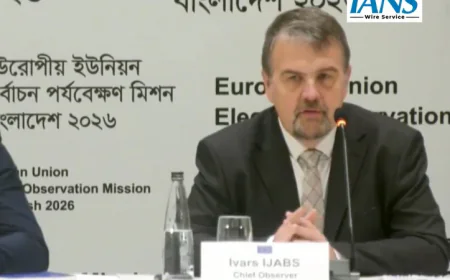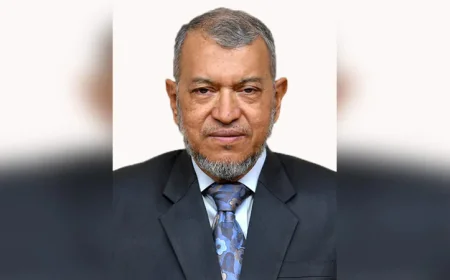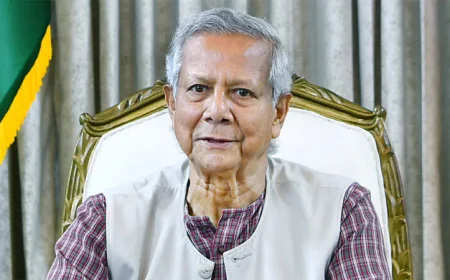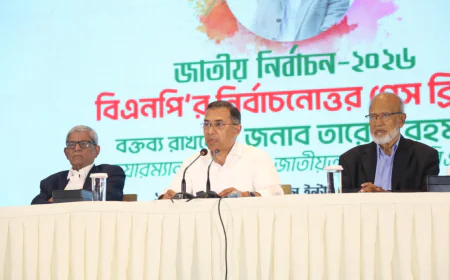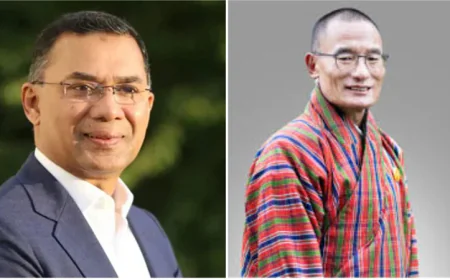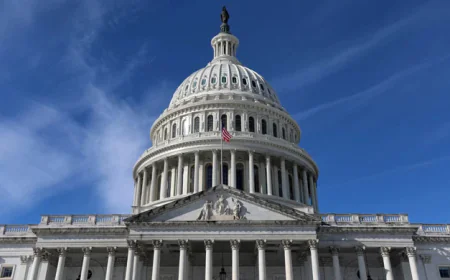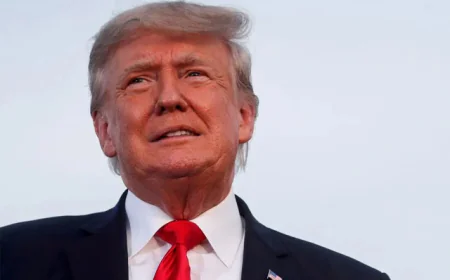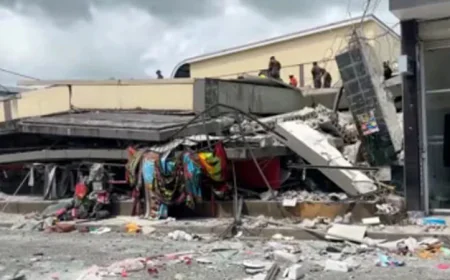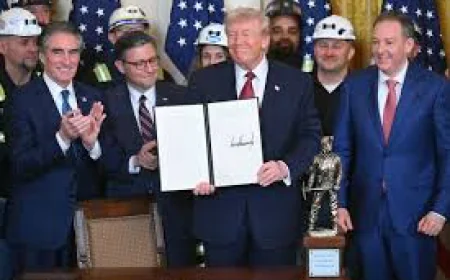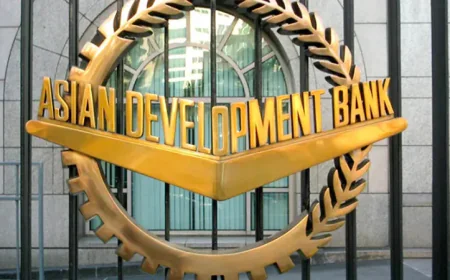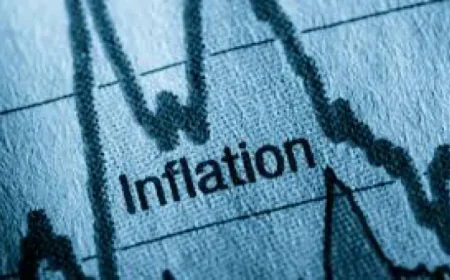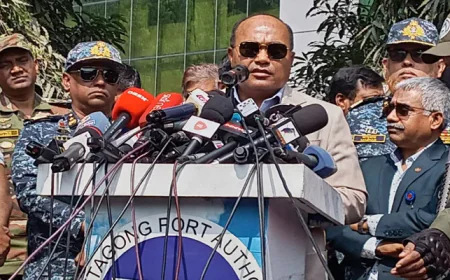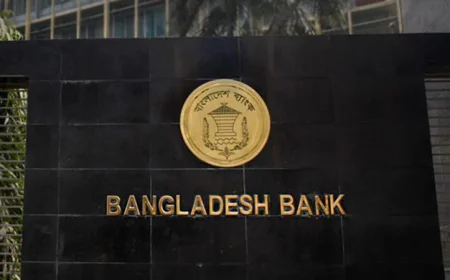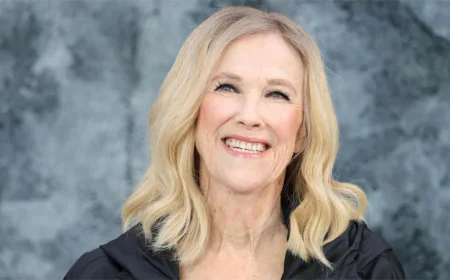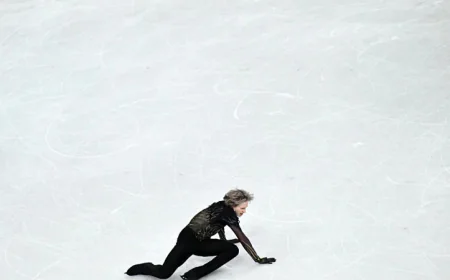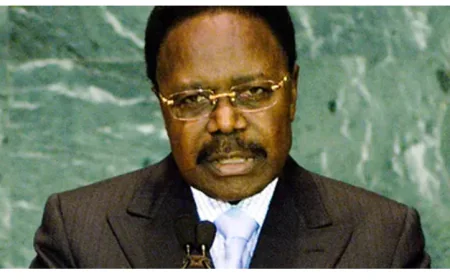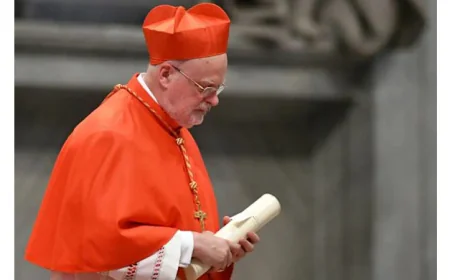UN Schedules Emergency ICJ Election to Fill Vacant Seat
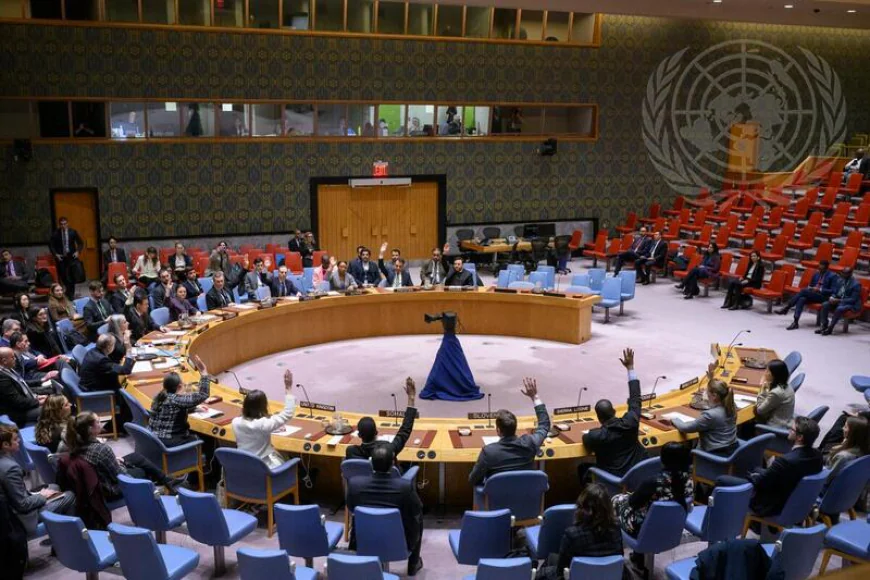
In a significant procedural move aimed at maintaining the continuity of international justice, the United Nations Security Council today adopted Resolution 2770, officially setting May 27, 2025 as the date for a special election to fill a sudden vacancy at the International Court of Justice (ICJ).
The resolution, passed unanimously in a closed-door session at UN Headquarters in New York, follows the unexpected resignation of Judge Xue Hanqin of China, who stepped down citing personal reasons and health concerns. Judge Xue, a seasoned jurist and former vice president of the Court, had been serving since 2010 and was widely respected for her contributions to international legal jurisprudence, particularly on issues of sovereignty, maritime boundaries, and multilateral treaties.
In accordance with the Statute of the ICJ, both the UN Security Council and the General Assembly will vote independently but concurrently to elect a new judge to serve out the remainder of Judge Xue’s term, which is set to expire in 2030.
“The International Court of Justice plays a vital role in the peaceful settlement of disputes between states, and this election ensures that there will be no interruption in its functioning,” said UN Under-Secretary-General for Legal Affairs Miguel de Serpa Soares in a brief statement to reporters.
Diplomatic sources have confirmed that several member states are expected to nominate candidates with expertise in public international law, and lobbying efforts are already underway in Geneva and The Hague. Observers believe that the election could become a strategic litmus test for emerging global alliances, particularly amid growing geopolitical tensions in Eastern Europe and the Red Sea.
The ICJ, often referred to as the "World Court," is the principal judicial organ of the United Nations. It settles legal disputes between states and gives advisory opinions on legal questions referred by authorized UN organs and specialized agencies.
This upcoming election marks the second such mid-term judicial replacement in the past five years and underscores the importance of safeguarding judicial continuity amid global uncertainty.
